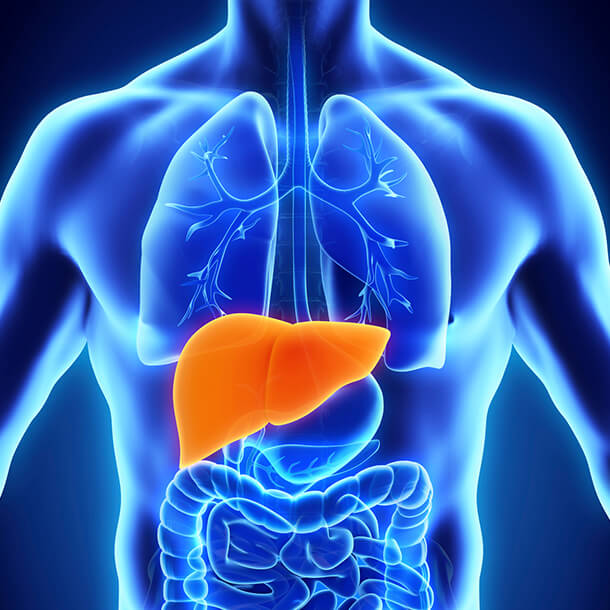
The different types of hepatitis: prevention and treatment
Hepatitis, a chronic inflammation: hepatitis is an inflammation of the liver cells that develops from an immune attack by lymphocytes on the liver
Its onset is generally acute, but it can be either symptomatic or asymptomatic, and the progression of the disease is either self-limiting or chronic.
For this reason, if not adequately and promptly treated, hepatitis may accompany the patient even for the duration of his life.
When we speak of autoimmune hepatitis, we mean a pathology caused by an immune aggression without obvious triggering factors
But this is not the only type of hepatitis we know of: others can develop following prolonged exposure to toxic substances (alcohol or drugs, for example) or directly from hepatotoxicity of tissue fats (e.g. in obese or diabetic patients).
The different types of hepatitis
Viral hepatitis is not directly hepatogenic and is classified from A to E, or by the name of the virus that triggers it (cytomegalovirus, herpes, and mononucleosis virus).
Hepatitis A and E are contracted by the faecal-oral route, i.e. by ingesting contaminated food or water, or by contact.
Hepatitis A, however, can be combated by means of the vaccine, which is administered in two doses six months apart.
Hepatitis B, C and D, on the other hand, are transmitted by infected blood, through unprotected sexual intercourse, or from an infected mother to her child during childbirth.
In our country, the vaccine against hepatitis B has been compulsory since 1991, and is guaranteed free of charge by the National Health System.
The situation is different when it comes to non-viral types.
These can be caused by chemicals, drugs, or metabolic problems.
The therapy for such hepatitis therefore depends on the cause.
Finally, there are autoimmune hepatitises, which are caused by an erroneous attack of the immune system on the liver.
The immune system wrongly attacks the organ, leading to inflammation which, in the long term, can develop into cirrhosis and cause permanent damage to the patient, which can seriously affect his or her lifestyle.
Women are the most affected by autoimmune hepatitis, accounting for about 70% of patients with this disease.
Hepatitis: prevention and lifestyle
As with all diseases, lifestyle is of paramount importance in terms of prevention. It should be free of excesses and active, regulated by a healthy diet and reduced alcohol consumption.
However, when we talk about hep. A and B we are talking about diseases for which it is essential to get vaccinated, following the National Health System’s programme; likewise, if you are planning to travel to areas considered at risk, you must follow the health protocols of that particular region.
Finally, tattoos and piercings performed in an unsafe environment pose a great risk. For this reason, it is essential to always turn to professionals who work in certified facilities where only appropriate instruments are used.
How is hepatitis treated?
The year 2020 saw new milestones in the treatment of h. B, thanks to the introduction of Tenofovir Alafenamide, a drug with a higher safety profile than previous drugs and good antiviral potency.
For hepatitis Delta, on the other hand, it is possible to enter a clinical trial, under the supervision of specialists from the Internal Medicine and Hepatology Unit, with a drug in an advanced stage of clinical development and with very promising results: Lonafarnib.
Read Also:
Hepatic Steatosis: What It Is And How To Prevent It
What Causes Hepatitis A And How To Treat It


